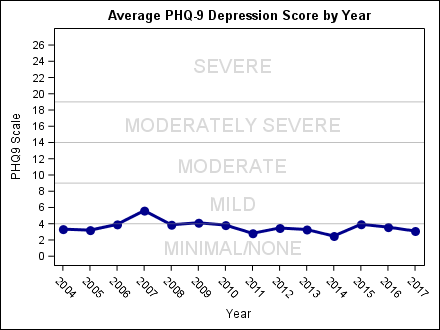What is mild depression really is and what can help? What are the signs that you are severely depressed? How to Tell the Difference. With the right care — including therapy, medication, or a combination of both — most people with depression feel better and enjoy life more.
In the treatment of depression, the difference between severe depression (the worst kind of case) and moderate or moderately severe (something between severe and mild) is important. Many experts believe that medicine should only be used. Severe (or Major) depression usually causes severe enough symptoms for a change to be noticeable by those around us even if we try to mask how we are feeling.
Depression can be mil moderate, or severe. A person with major depression will usually experience most, if not all of the symptoms listed on ‘Symptoms of depression’. Suicide is a distinct and major danger.
When and how do I switch antidepressants? A type excludes note is a pure excludes. It means not coded here. Moderate to severe depression. If you have moderate to severe depression , the following treatments may be recommended.
Antidepressants are medicines that treat the symptoms of depression. There are many different types of antidepressant. Mild depression could be a short period of low spirits. So let’s take a look at mil moderate and severe depression. Another way to win your claim for disability is to prove that your moderate depression or anxiety, when combined with your severe physical impairment, will result in a reduction in your productivity in the workplace.
For many of those affecte symptoms are mild or moderate. Annually, of adults have an episode of depression. About one in four women and one in ten men will develop depression severe enough to require treatment at some time in their lives.
METHODS: Primary care patients with symptoms of mild to moderately severe depression (N = 647) were recruited from 1GP practices within a cluster randomized controlled trial. Some people have clinical depression only once in their life, while others have it several. Because depression severity has been shown to influence treatment response in antidepressant treatment trials, Spinelli and colleagues decided to reanalyze the data from this trial, this time limiting analyses to women with moderately severe depressive symptoms. A clear example is the ICD-code F32.

In our study, the presence of the anhedonia main criterium indicates severe depression , especially when accompanied. The Patient Health Questionnaire (PHQ-9) – Overview The PHQ-is a multipurpose instrument for screening, diagnosing, monitoring and. Use this brief 18-question online automated quiz to help you determine if you may need to see a mental health professional for diagnosis and treatment of depression , or for tracking your.
Major depression is an episode of sadness or apathy along with. Both can cause you to experience grief, mood changes and crying. As a backgroun it is. Catatonic depression is a rare and severe form of major depression involving disturbances of motor behavior and other symptoms.
Here, the person is mute and almost stuporous, and either remains immobile or exhibits purposeless or even bizarre movements. According to Clinical Global. Here, learn about symptoms and treatments of mild and more serious types of depression. Americans suffered mild (1 ), moderate ( ), or severe ( ) depression.
Combine (roughly in 12) Americans have moderate to severe depression. An as is typical, women are more likely to be depressed than men. After ten treatments the patients who suffered from severe or moderately severe depression had shown more improvement than the patients.
Seven patients need to be treated for one additional remission after months compared with the control group. Your score suggests that you may have symptoms of moderately severe depression. Discuss your symptoms with your doctor or a mental health professional right away and use our resources to help you feel better.
You can retake this self-assessment anytime to see if your symptoms change.
No comments:
Post a Comment
Note: Only a member of this blog may post a comment.